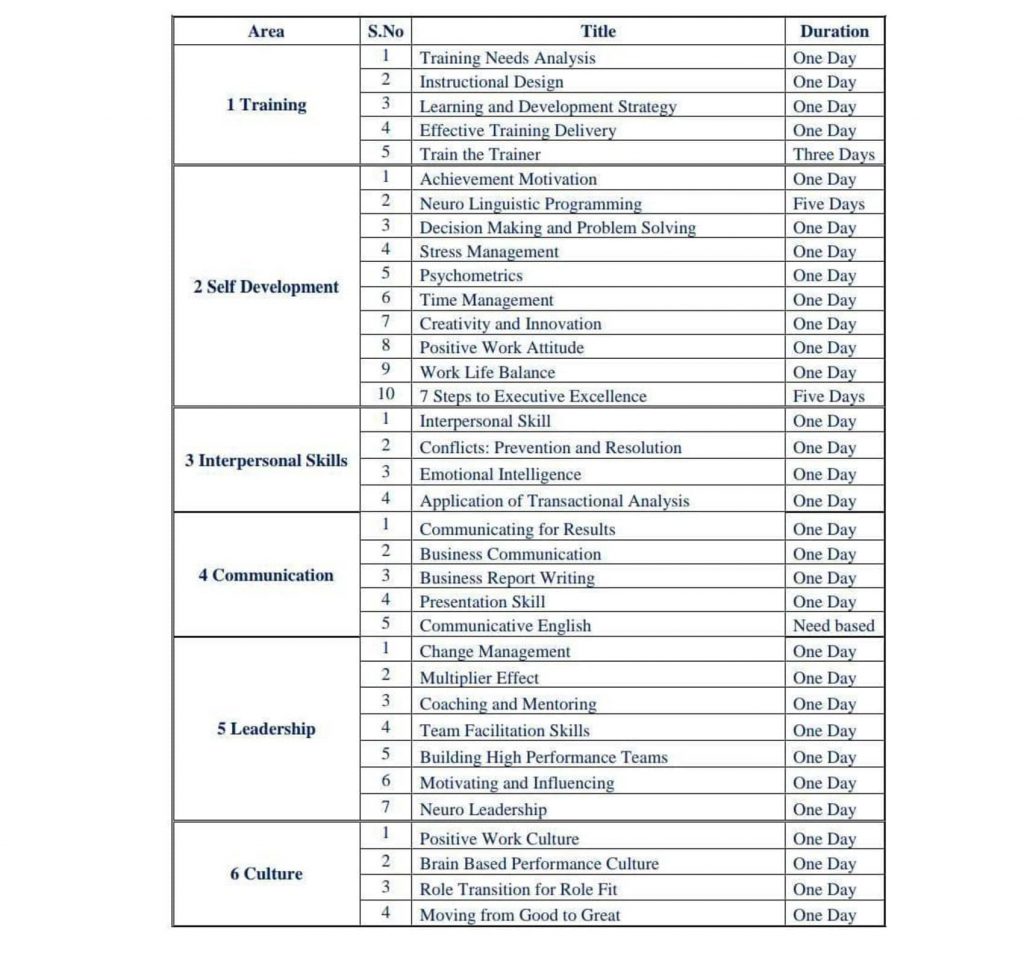What exactly are soft skills?
With most of the excitement surrounding soft skills, it’s critical to get a thorough knowledge what they’re. Soft skills are non-technical abilities that influence how you consume information, perform daily tasks, socialize with one other, resolve issues, and so on. Social skills, communication and listening skills, emotional stability, multitasking, compassion, and so on are all involved in this broad category. Many businesses have begun to recognize the importance of hiring personnel who have technologically advanced soft skills in addition to any hard skills that are important to the business. This is due to the fact someone could be proficient in the software used by an enterprise. However, this involves nothing if they possess weak time management skills and could never get any tasks completed.
The advantages of soft skills training
When the year 2020 ended, 44 percent of workers polled assumed that job seeker failed to capture the critical soft skills required to PERFORM a task perfectly. The most productive businesses understand that bringing new skills with a great track record of fully advanced soft skills will support their company to prosper in the succeeding years.
- Enhanced economic growth
- Better collaboration
- Better collaboration
- Increased top-tier talent retention
- Decreased losses
- Staff morale has gotten better
- Inter-departmental interaction that is clearer and more helpful
As we move forward in 2021 after the trauma and conflict of 2020, specific soft skills have risen above the rest as the most favorable. Based on the recent unparalleled disarray in the corporate environment, below are the best advantages of integrating regular and thorough soft skill training right now:
Competitive organizations thrive on a flexible and adaptable workforce. The adaptability has helped survive all organizations even under immense pressure during the onset of the COVID-19 pandemic. Those organizations that do not adapt spectacularly fail under difficult circumstances. With this in mind, our focus is on improved adaptability during these testing times.
Now, what does adaptability mean to us? Well, it simply means that our employees are flexible and work in an apt environment that facilitates growth even in adverse times. We adapt well through collaborative efforts by using our critical thinking skills while conducting thorough and meaningful research. Our work ethics employ highly-developed observation and excellent problem-solving skills.
The work-from-Home situations owing to the pandemic situation have led to increased feelings of isolation and depression for a lot of employees. It gets much worse as the months drag on countlessly with the pandemic not slowing down. The employees feel insecure and unsafe to return until all individuals get vaccinated.
Listening skills are important as they help in enhancing the employee management process. Employees are seeking quality leaders who listen to their concerns and understand them in troubling times. Managers require employees who are good listeners and communicators to discuss work procedures, any company needs, and updates. Connecting with others would help build a strong network of employees. Strong listeners and communicators are strong team assets as they have the power to influence people. Thus, there form improved feelings of belongings thanks to leadership figures that persist and practice active listening techniques.
The organization-wide communication includes various types of communication processes. Every employee requires clarity on the directions they receive and become impatient if this is not the case. In such events, the managers become uncomfortable in properly communicating with the employees, and this vicious cycle gets engaged in a loop. Thus, the process ultimately leads to a huge problem, which goes beyond the scope of control.
Excellent organization-wide communication is necessary as it avoids confusion thereby providing purpose, and contributes to the positivity & healthy workplace culture. It ultimately creates accountability on all levels and helps in improving flexibility.
Enhanced teamwork is necessary to improve productivity especially after the organization went through tough times during the pandemic period. Reassuring the team members through encouraging quotes and promoting feelings of belonging & inclusion at work enhances the teamwork that leads to clarity and flexibility.
This is a huge one now, thanks to the epidemic. Emotional intelligence implicates being able to comprehend and name emotions in others, understanding one’s feelings, reasoning with and reacting to emotions, managing emotions, etc. All of these aspects contribute to how an individual provides and acquires feedback, how they handle pressure, how they interact with colleagues, etc. Human needs and work-life balance are crucial to keep in mind as employees burn out due to pandemic-related stressors. These things can’t be well monitored and boosted without executives who have a high EQ.
This one can be supposed a kind of umbrella for multiple soft skills, including problem-solving. The proficiency to think critically about crises and discover creative solutions arrives from strong critical thinking skills. A workforce with critical thinkers can enrich customer service, enhance productivity, contribute to a powerful team, etc. All of these advantages together steer to an active and effective workforce. It’s no secret that an institution that values its employees and invests in their wellness is more prosperous in its furnished industry. Soft skills account for 90 percent of what makes people able to ascertain success in their roles and evolve in their careers, so it’s significant to build soft skills training into any organization so that squads will stay active and empower their organizations to remain competitive, and even thrive, in a challenging market.
Our training modules




